Cfoto | Future Publishing | Getty Images
U.S. President Donald Trump on Tuesday stateside criticized China for not buying soybeans, calling it an “an economically hostile act.” He also threatened “retribution” such as a cooking oil embargo.
“Volatility remains elevated, and the best explanation is the strained relationship between the U.S. and China,” Veteran investor Louis Navellier wrote in a note published Wednesday.
Japan’s benchmark Nikkei 225 index rose 1.53%, while the Topix added 1.42%. South Korea’s Kospi jumped 2.15%, while the small-cap Kosdaq added 1.35%.
Australia’s ASX/S&P 200 was up 0.85%.
Hong Kong’s Hang Seng Index rose 1.21%, while the mainland’s CSI 300 was flat.
India’s Nifty 50 rose 0.43%.
China’s consumer prices fell more than expected in September, while the deflation in producer prices persisted, underscoring the impact of sluggish domestic demand and trade worries on consumer and business sentiment.
The consumer price index fell 0.3% in September from a year earlier, National Bureau of Statistics data showed on Wednesday, a sharper decline than economists’ forecast of a 0.2% slide, although easing from the 0.4% drop in August.
Prices ticked up 0.1% month-on-month, a smaller than expected recovery compared to economists’ forecast for a 0.2% increase.
Overnight in the U.S., the S&P 500 closed down 0.2% to 6,644.31 in a wild day that saw the benchmark fall as much as 1.5% and gain 0.4% at its highs.
The Nasdaq Composite was off by 0.8% to 22,521.70, although at one point it had fallen as much as 2.1%. The Dow Jones Industrial Average closed up 0.4%, or 202.88 points, to 46,270.46 after gaining nearly 1% at one point.
Federal Reserve Chair Jerome Powell on Tuesday suggested the central bank is nearing a point where it will stop reducing the size of its bond holdings, and provided a few hints that more interest rate cuts are in the cards.
— CNBC’s Liz Napolitano and Fred Imbert contributed to this report.

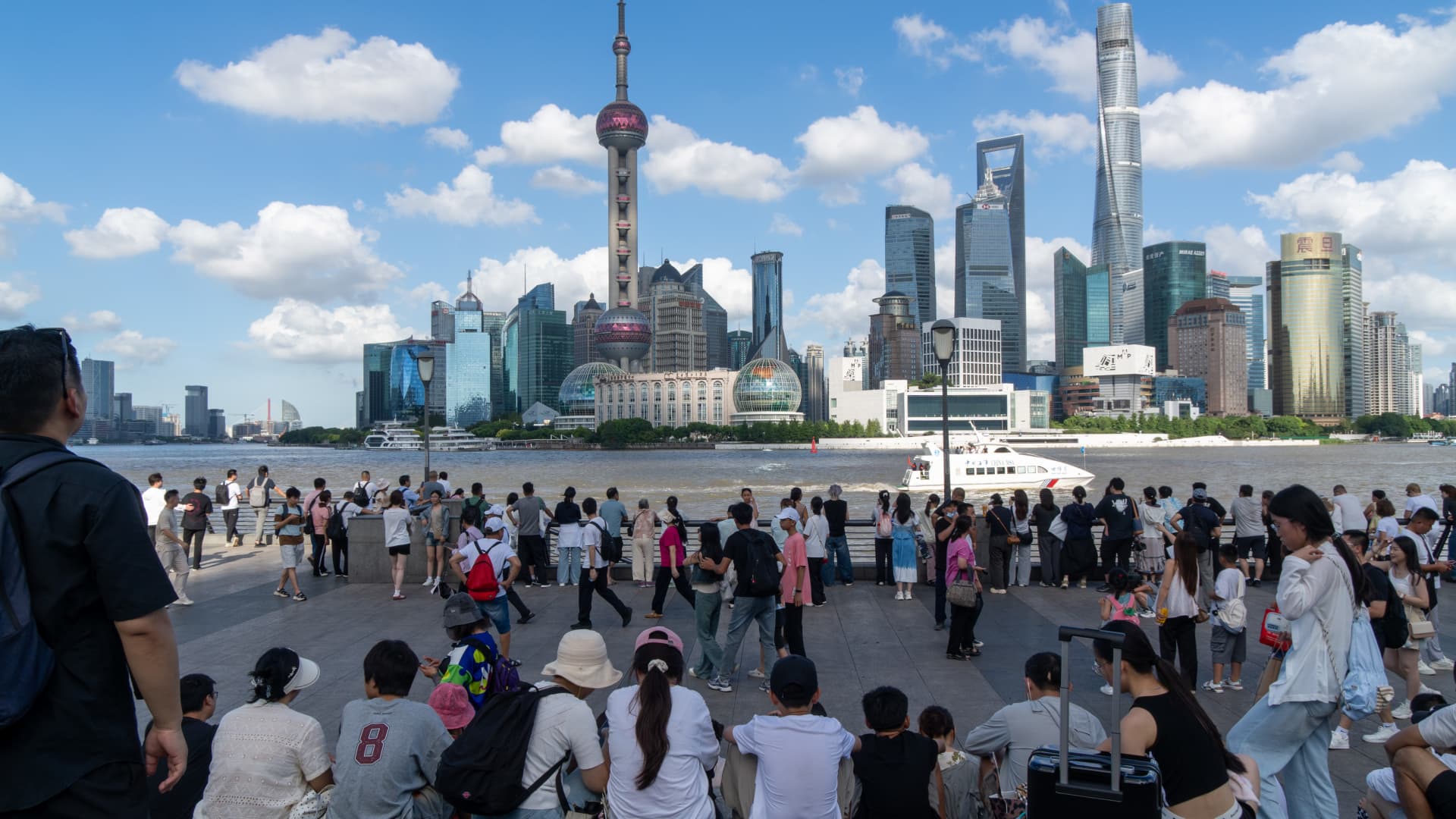
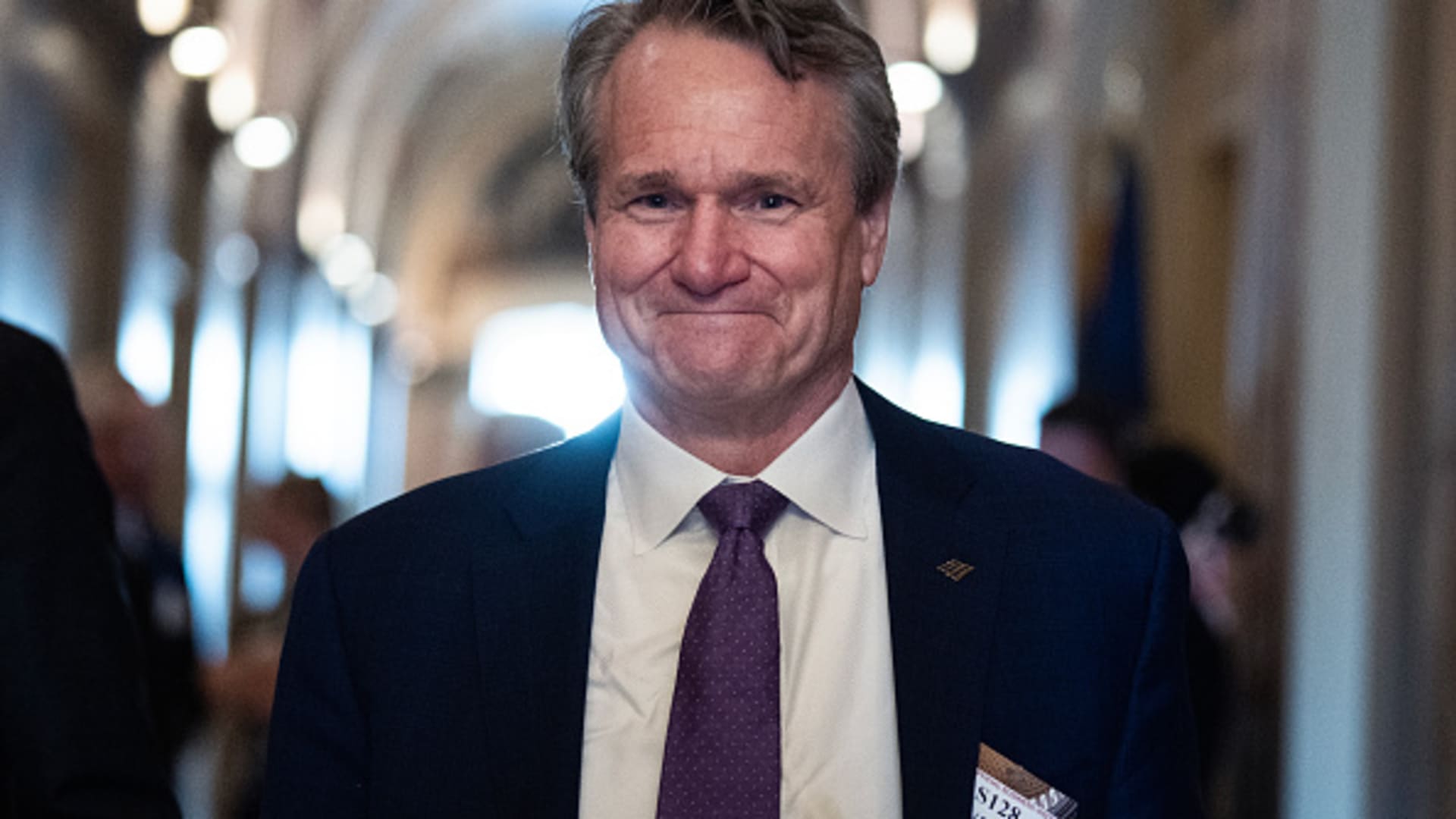
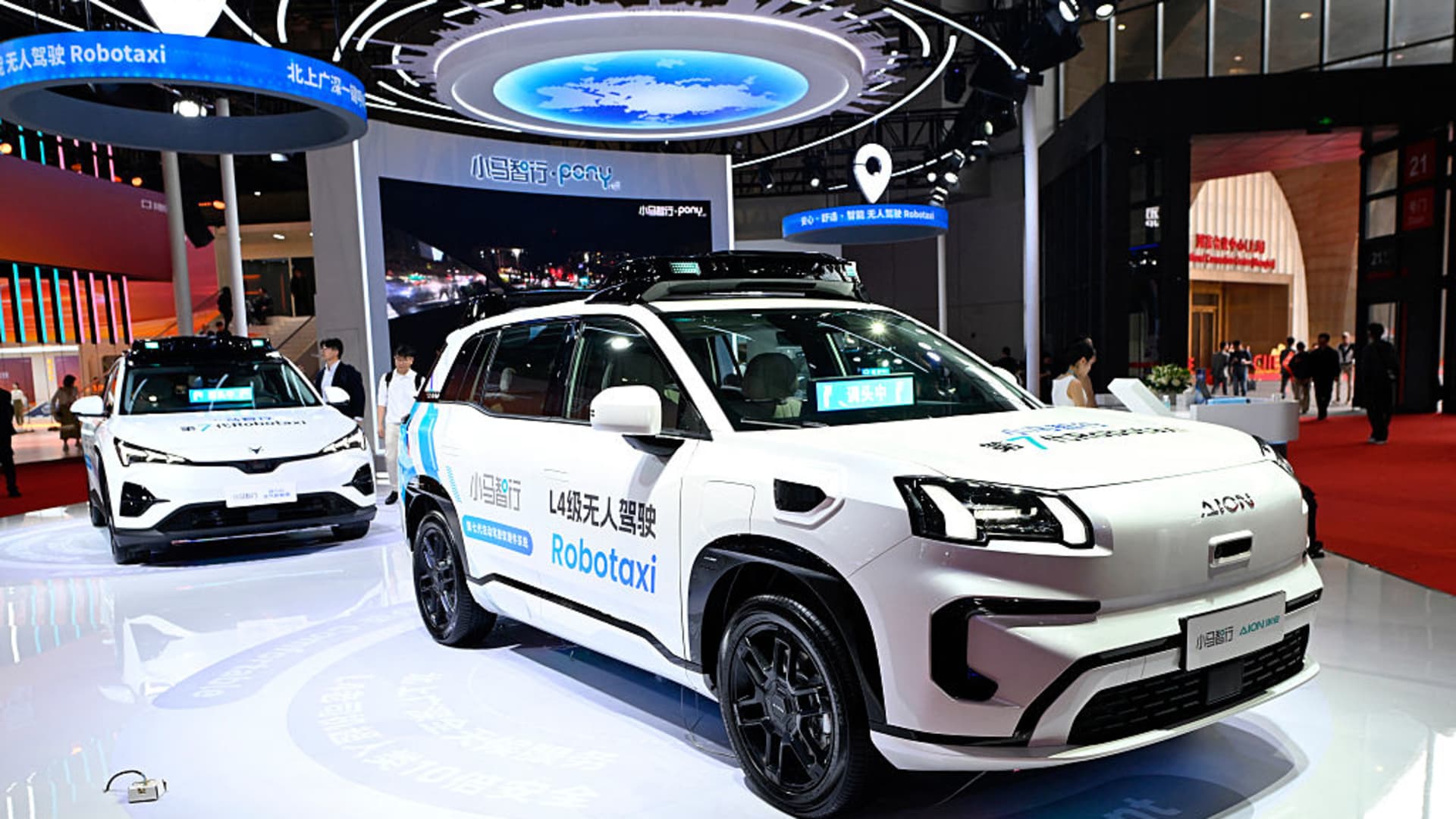


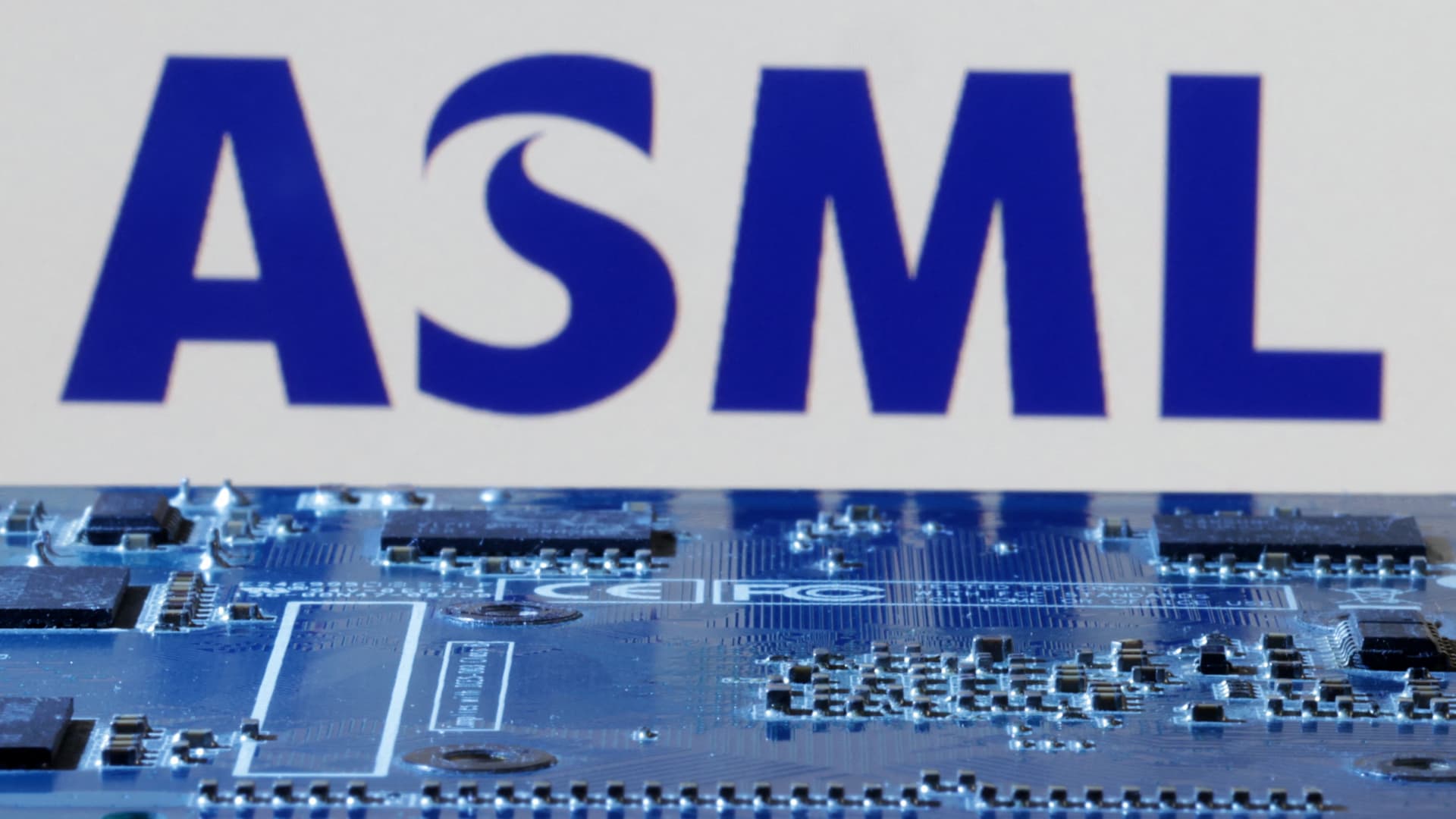
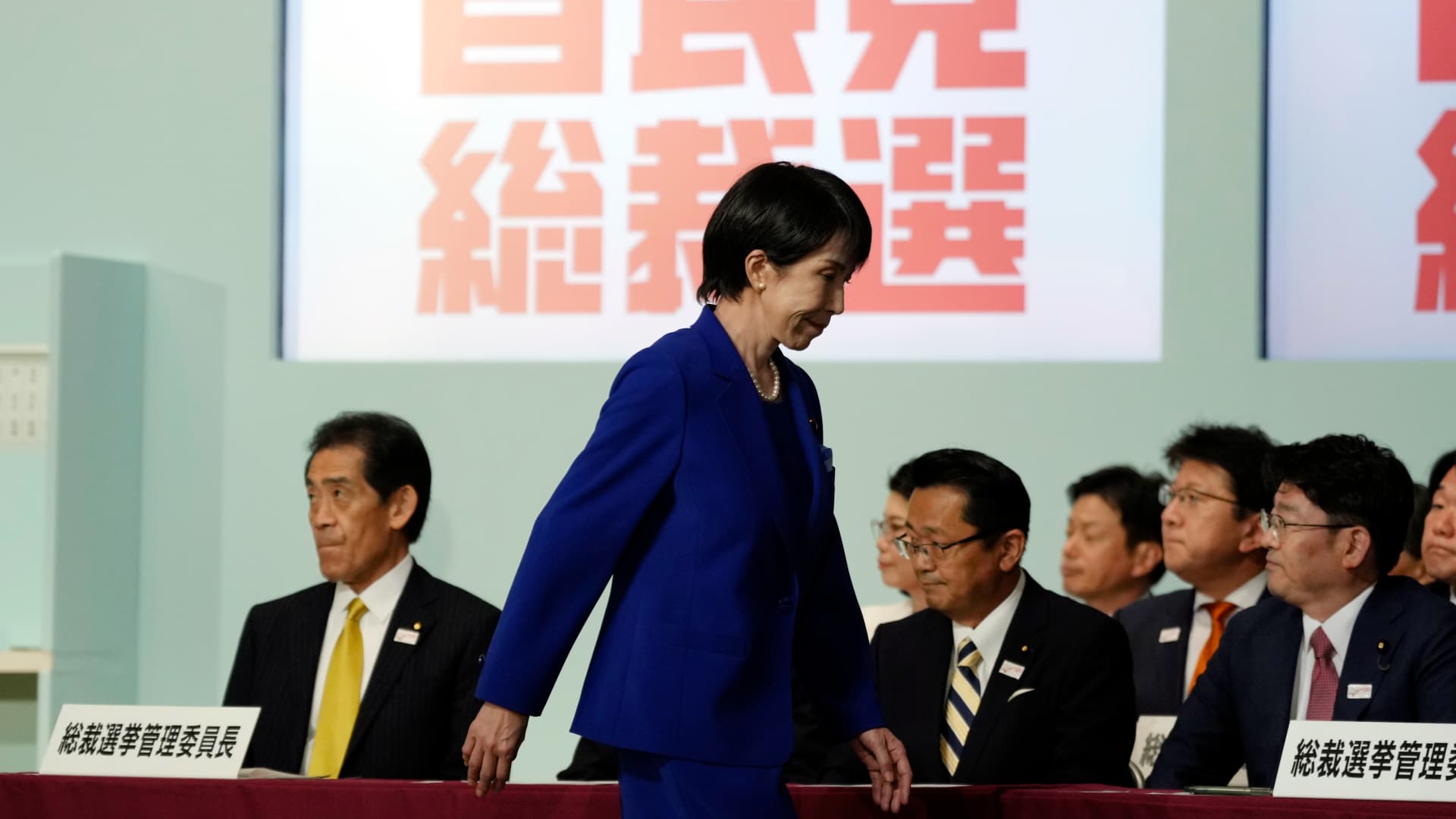

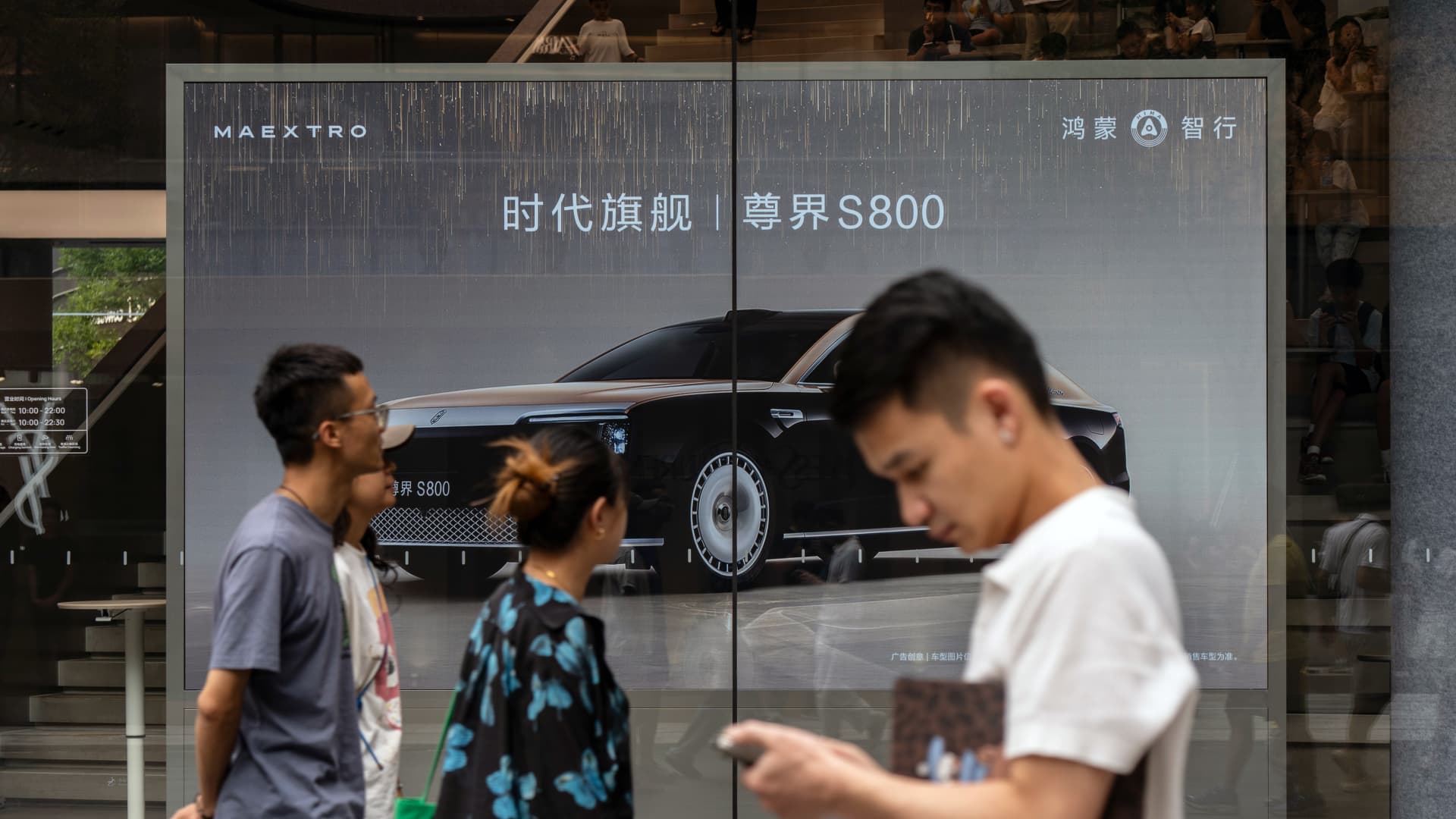
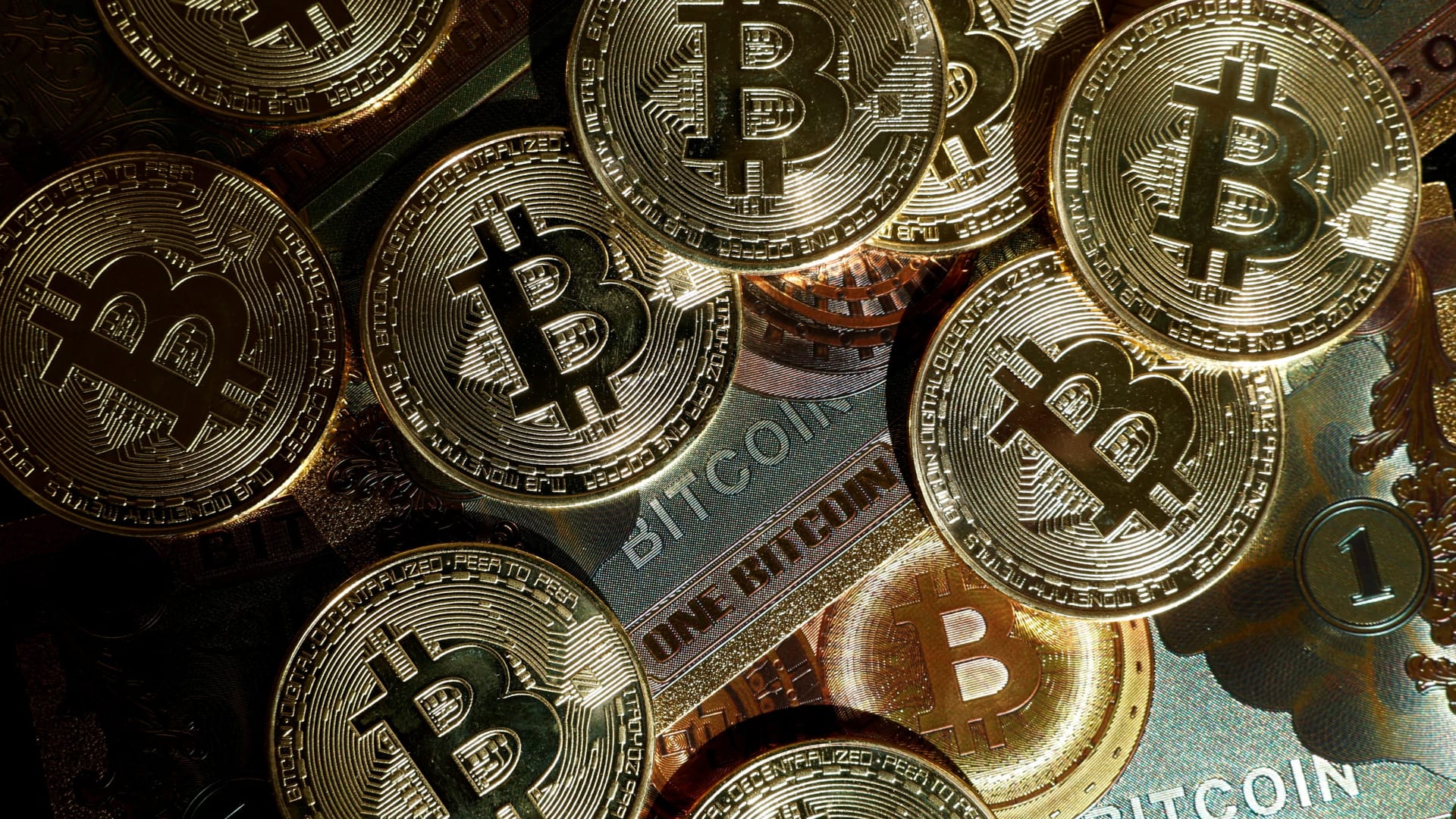
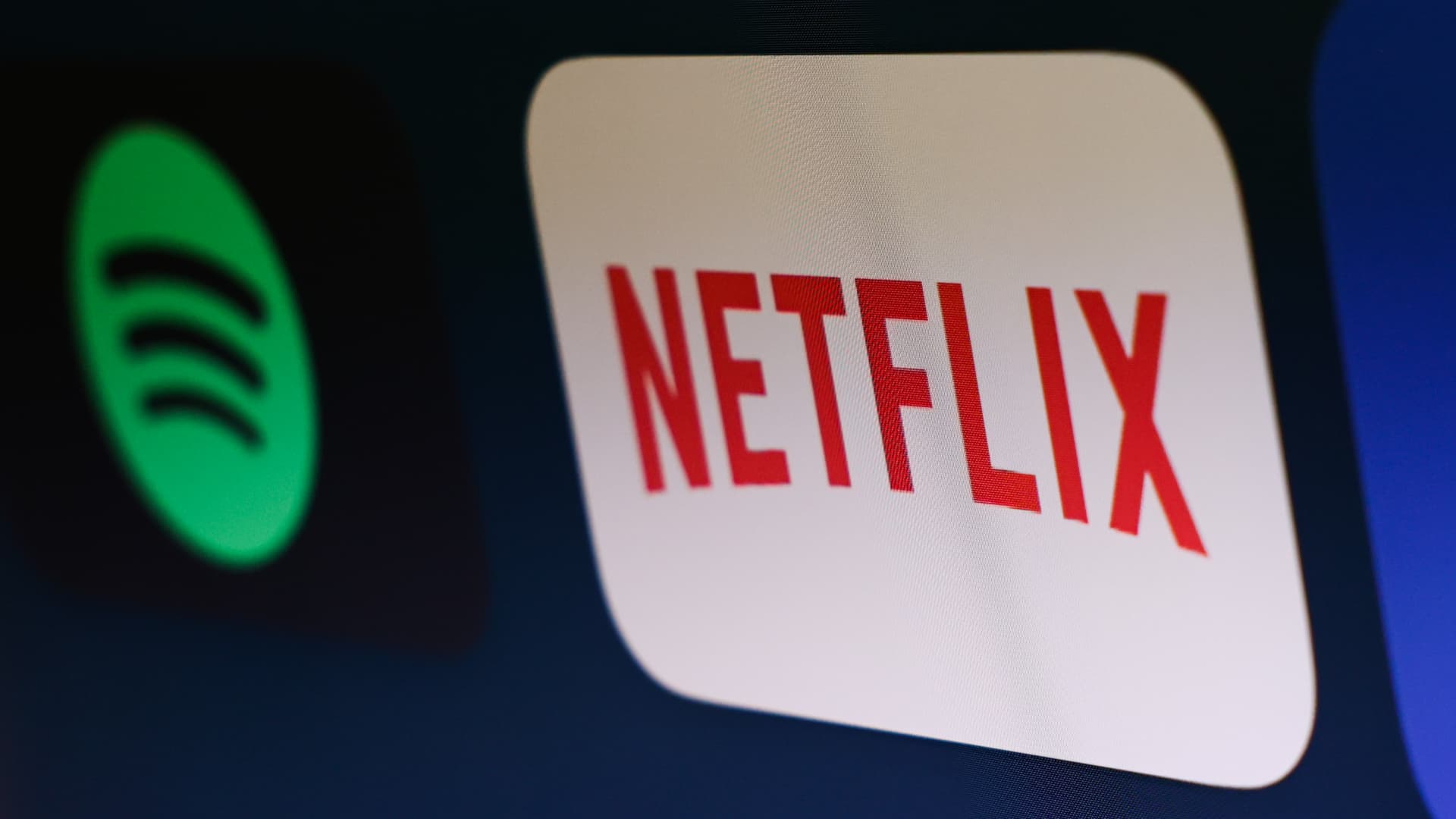




Leave a Reply